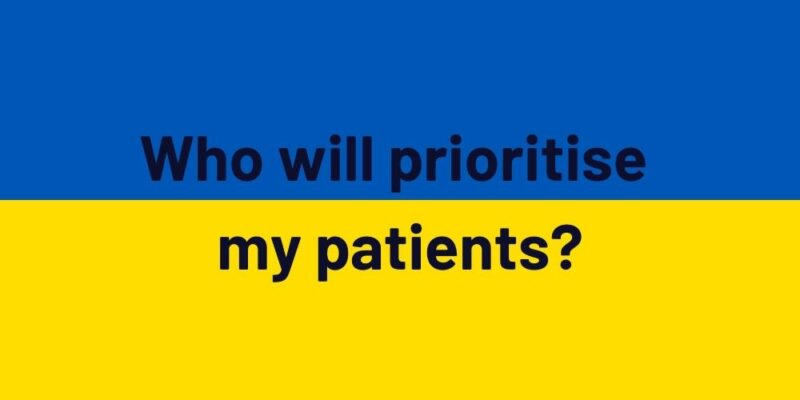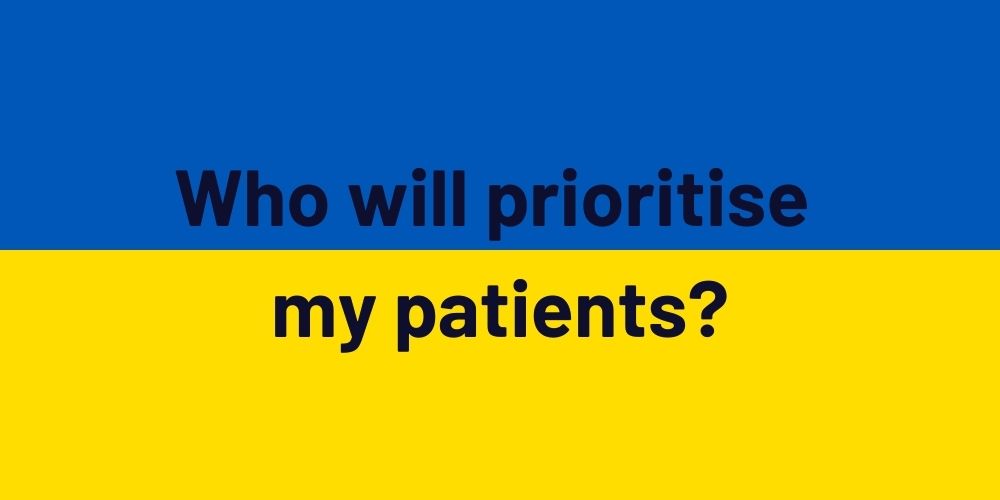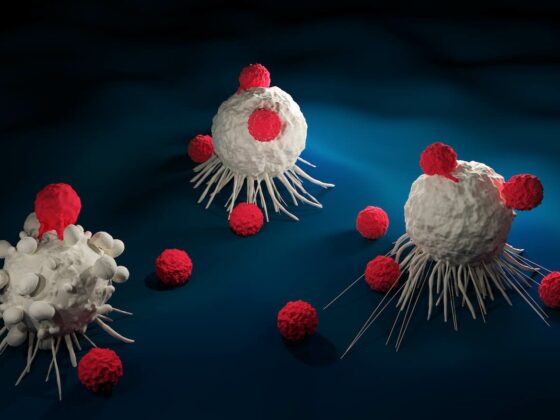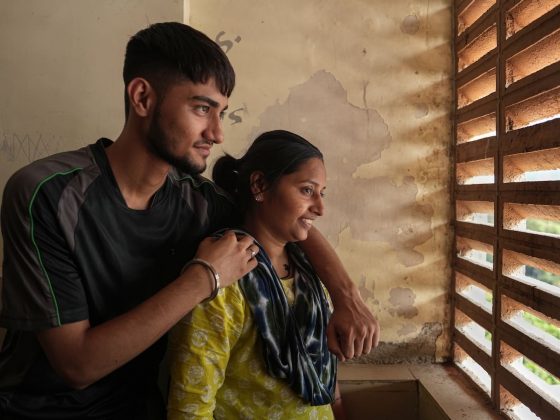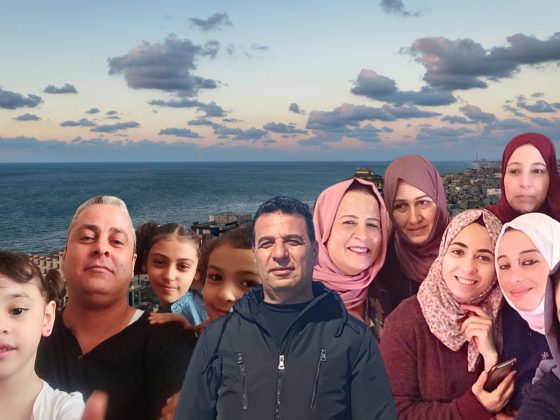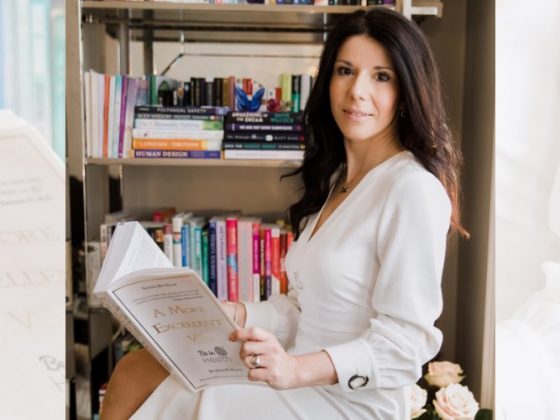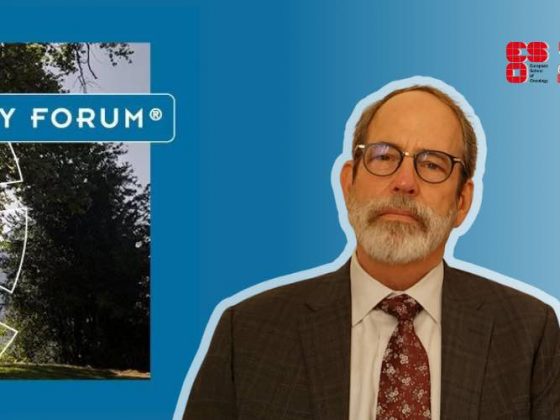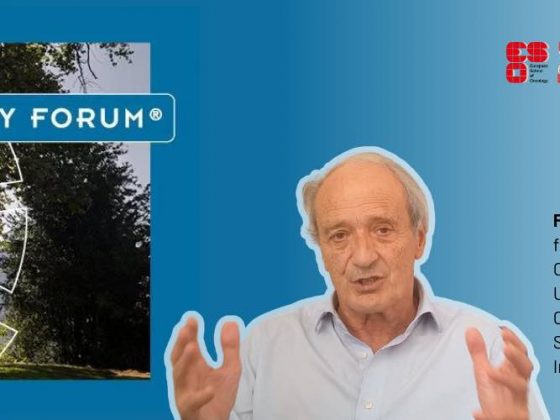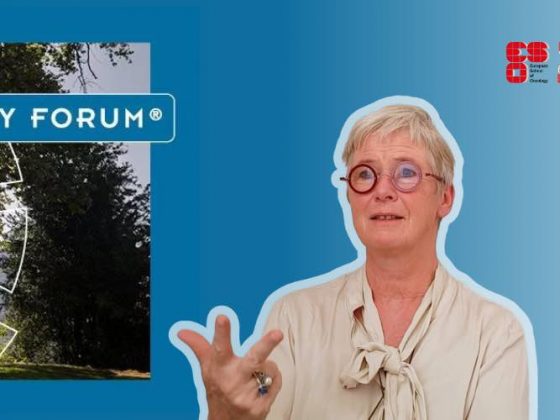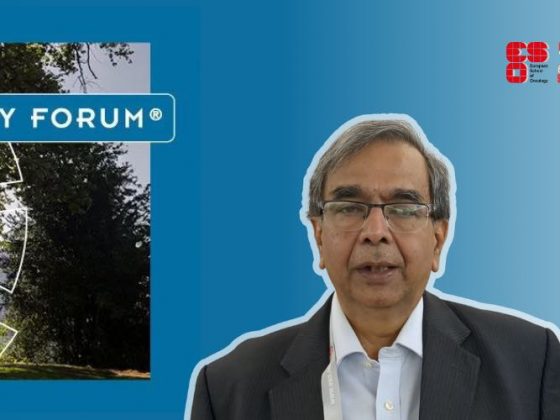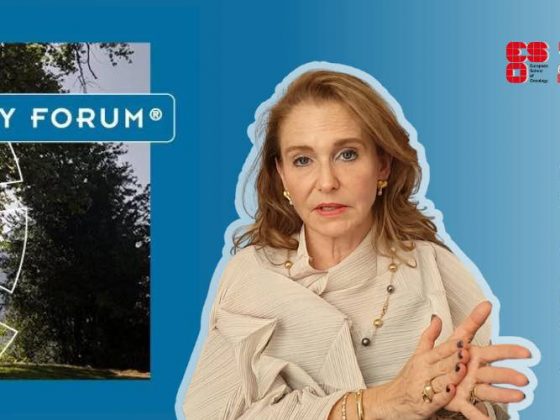Cancers do not stop growing because there is a war. But cancer patients stop being seen as a priority… unless you are a patient or family, or a clinical oncologist like me. I am heartened by the commitments made by Europe’s oncology community to help us. We need that help right now. Specifically, we need a sustainable supply of basic oncology drugs. Without that, all I currently have to treat my patients with is a 5-fluorouracil monotherapy, purchased wherever I can get it, and at four times its regular price. No taxanes, no platinum drugs, no anthracyclines, no anti-metabolites… That is why I am pleading with my colleagues in the European oncology community to please prioritise my patients, because if you don’t, who will?
I am one of only seven clinical oncologists continuing to serve patients in Dnipro ‒ a city of one million registered inhabitants. Some 300,000 residents have already fled ‒ among them 10 of my patients, who are now being treated in countries such as France, Germany, Monaco, Moldavia, and Romania.
I am so happy when I hear how well they are being cared for, and I am profoundly grateful for the solidarity that has been shown by European countries and the oncology community. But many more of my patients remain in Dnipro, and a further 600,000 people have moved into to my city as refugees ‒ from Kharkiv, Luhansk, Donezk, Zaporizhzhia. Included among them are a further 500 cancer patients.
Providing a service at a time of war is not easy, but we can do it and we are doing it. Elective surgeries, including most cancer surgeries, have been halted for the month of April, to give priority to war casualties and medical emergencies, and to conserve supplies and equipment. Most radiotherapy has stopped ‒ completing weeks of a daily journey for treatment is seen as too difficult and dangerous. But our medical oncology service is still functioning and able to provide patients with the care they need… or we could if we could only keep the drug supply flowing.
Our pathology labs are still functioning ‒ though at a slower rate than before ‒ so we get the pathology reports we need. We have no electronic medical records to refer to when treating refugees from the surrounding area – but we can contact their local treatment centres to learn what we need.
Two years of Covid-19 prepared us well for communicating with one another and with patients by phone or internet, and even before Covid we made good use of international networks for advice and second opinions. I myself made the decision to move with my wife and young family to safety, leaving our home which has since suffered damage from bombing raids on the nearby airport, but I continue to work remotely. Decisions on treatment plans still involve discussions between at least three of us. We use basement rooms to deliver systemic therapy infusions, so we can be sure that patients won’t have to be moved in the event of a siren sounding to warn of an attack.
It’s not that drugs and other medical supplies are not reaching Ukraine ‒ including my hospital. They are ‒ though more are always needed. But inevitably the supplies we get prioritise the needs of those injured in the war. I understand that, but someone has to prioritise my patients, cancer patients who remain in Ukraine; many of them will certainly die from the disease if they don’t have the chance to stop the cancer right now, before it has the chance to spread.
Cancer is not the same as other so-called chronic diseases. If diabetics lack insulin, in an emergency they can be advised to strictly regulate their daily sugar intake. Hepatitis patients can pay particular attention to drinking a lot of water. But there is nothing in the kitchen cupboard that I can offer my patients. And they cannot wait. We cannot say, “wait please cancer, we have war, just wait for a while”.
Breast cancer, colorectal and lung cancers are the most common in Ukraine, and they are treatable with the right protocols, even without using the most expensive drugs. But I have nothing in my hands. Today, as I write this, I have scheduled three administrations of chemotherapy. I just prescribe the patients 5FU. It is not the right protocol. It’s not in the guidelines. But I don’t have any choice. It’s 5FU or nothing.
The pharmaceutical company we rely on heavily to source our drugs has shut up shop in Ukraine. Click ‘oncology’ on its website and all you get now is a 404 error code. I understand why they’ve done that, but someone has to prioritise my patients. I’ve spoken to colleagues at the National Cancer Institute in Kyiv. They say they did manage to secure some cancer drugs via contacts in Poland, thanks to the work of some volunteers. But it was not enough even for their own needs so they were unable to spare any for us in Dnipro ‒ and anyway it was a one off. What we need ‒ not just us in Dnipro but oncology units in every city ‒ is a sustainable supply of the key essential drugs delivered under official auspices, through official routes.
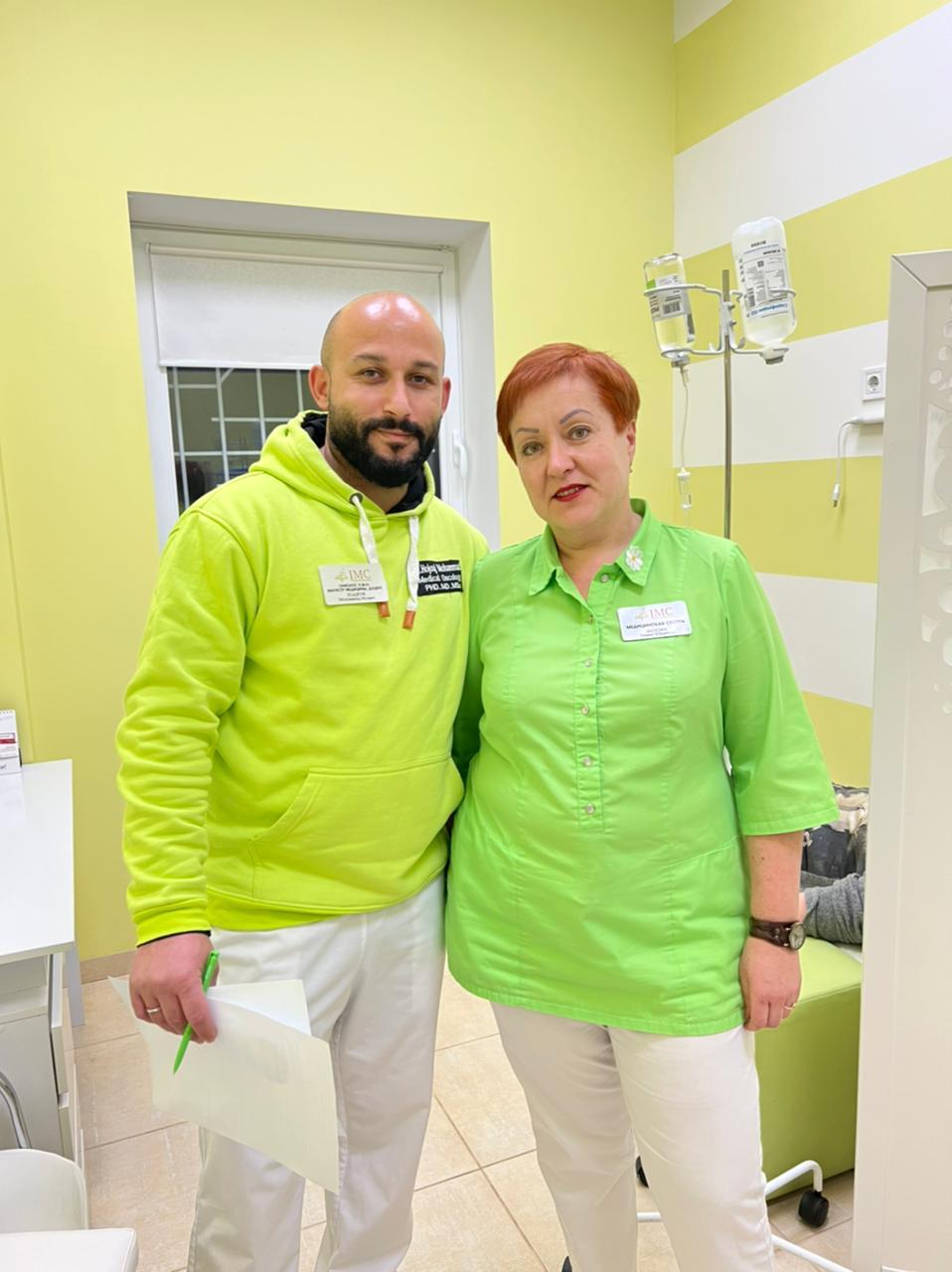
My hospital administration has been knocking on every door they can think of ‒ the Red Cross, oncology associations, aid organisations ‒ so far they have not found a door that opens and says: yes we can help you get the drugs you need. The Kyiv National Cancer Institute is continually knocking on doors. They too have not yet secured the help that we need.
So this is the appeal I make, as a doctor, to the oncology community in Europe. We need you to prioritise the needs of cancer patients in Ukraine. We need you to open the door and say: “We have access to drugs – how can we work with the local authorities in the cities across Ukraine to get those drugs, right now, to the patients who need them?” Because if you don’t who will?

